
https://www.youtube.com/watch?v=oql3QUD2JyI
Why Fasting Is MORE Important than Diet
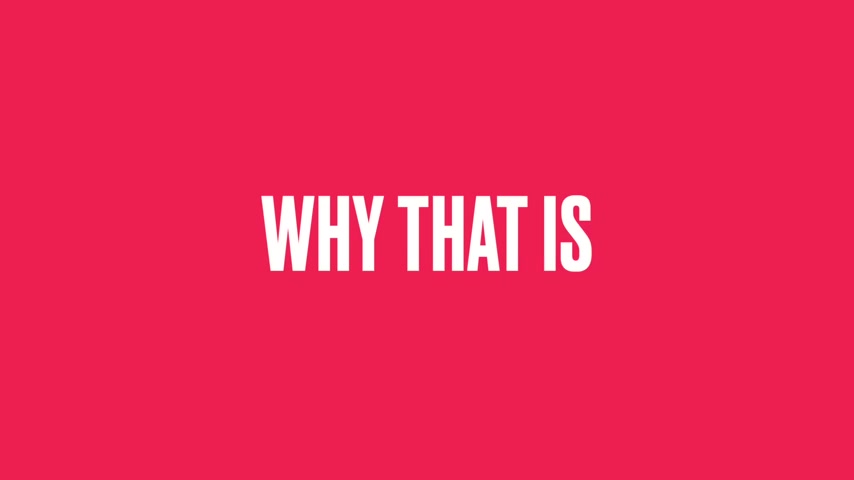
You know , boy , my viewpoint , intermittent fasting has gone from all the way over here to all the way over here .
At one time when someone mentioned fasting , I'm like , what is that gonna do ?
Fasting ?
It's not gonna help you .
And then when I started looking into it , I'm like , wow , fasting is the most important thing you can do for your health out of all the things .
And I want to talk about why that is , I mean , if you look at fasting from a scale of what can a person do to create more health .
It's right at the top of the list .
It's more important than what you eat .
It's more important than exercise .
I mean , when you think about the survival mechanism in our bodies , right ?
We have developed some serious biochemistry relating to preventing dying from starvation , preventing uh being frozen to death , also preventing being eaten by lions by running away .
So we have this fasting , we have cold therapy .

We have exercise that tends to mimic how our bodies develop these survival mechanisms .
So when you do fasting , you directly trigger all these amazing survival genes .
And this involves pretty much every part of your body , every part of your body starts to improve .
I mean , if you compare the environment that we used to be in , which is not frequent eating to the environment .
Now , which is grazing all day long , you can see the problem .
I mean , today is the day after Christmas .
Ok .
Now , yesterday there is food available all day long and it wasn't unhealthy food , but it was just a lot of food and I grazed pretty much all day long .
And I can tell you , I don't feel very good .
I don't feel good when I eat in a constant way .
So when you start fasting , you know , the first thing you do is you give up your snacks and then the second thing you do is you tend to let that breakfast go away .
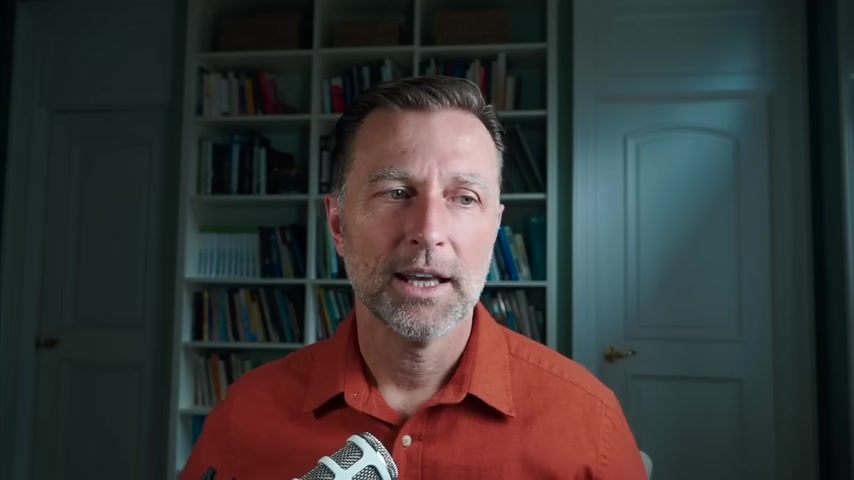
You go as long as you can until you can get to that first meal , which is roughly maybe lunchtime and then you wait until dinner and then you eat and then you don't snack .
And yes , you can have coffee .
You can have tea , you can drink liquids , just make sure it's not like juice or sodas or anything sweet or anything of any calories .
Now , typically everyone fasts when they're sleeping .
Right .
Uh , why would you want to mess up the whole fasting by eating breakfast ?
Many people are not hungry in the morning unless they eat a little something and then they'll be hungry an hour and a half .
So eating does cause you to be hungry .
But if you don't give into that and you start fasting , you start to repair your pancreas .
The pancreas has taken a beating from all this frequent eating , all the carbohydrates .
So the little cells that regulate insulin called the beta cells are really the cell that gets hammered the most when we eat a lot of carbs and we eat very frequently .

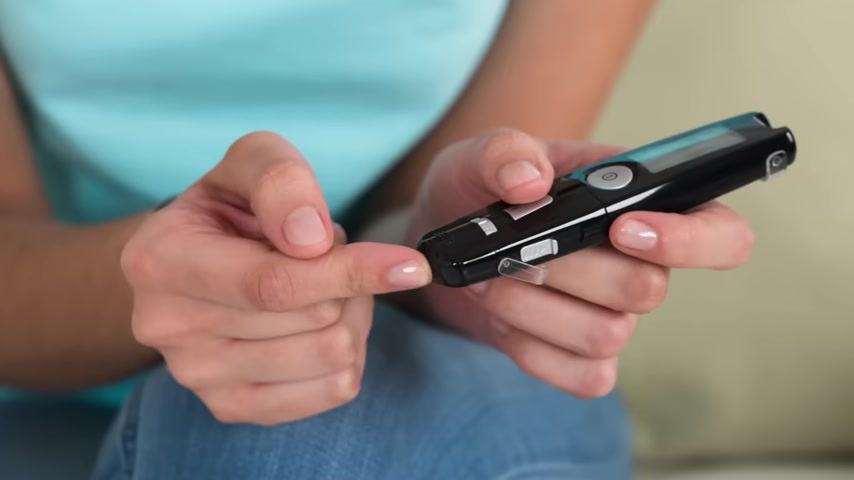
And so it's pumping out all this insulin all the time and rarely does anyone actually test the insulin .
They look at the blood sugar and basically 10 to 2030 years , your blood sugar could be normal .
But in the background , you have this massive insulin spike , ok ?
But you don't really test that over time , your body starts developing something called insulin resistance .
Insulin resistance is a situation where the receptors are going to protect you against this excess amount of insulin and carbohydrate .
It's a protective survival mechanism .
So even though you're eating a lot of carbs , everything looks normal .
Unless you check this insulin situation .
And then over time when this pancreas gets exhausted , it can no longer compensate .
So your insulin production starts going down and insulin keeps the blood sugar lower .
So now we don't have that control .
So now the blood sugar has no choice but to start going up .
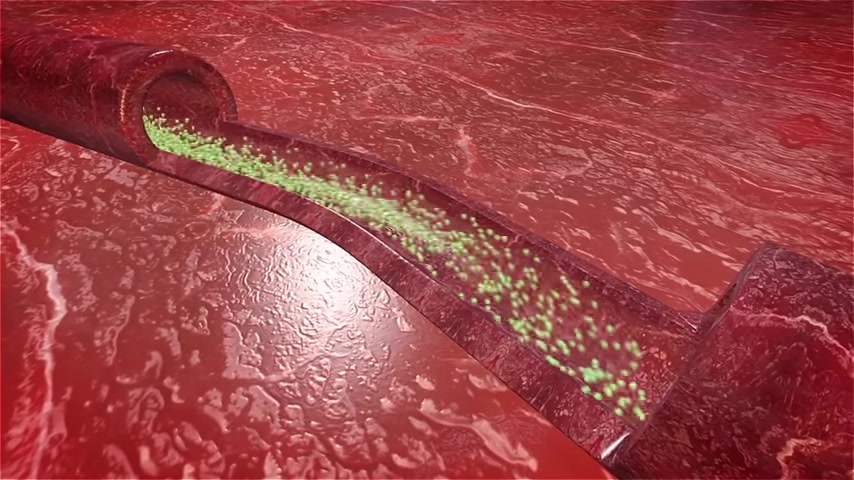
So we start getting prediabetes and then diabetes , which is a high level of sugar in the blood because we now have so much insulin resistance and your beta cells in the pancreas are so tired , they just can't work anymore .
Well , guess what ?
Fasting starts to repair and protect the beta cell .
The beta cell starts to heal and insulin starts to become more sensitive .
So you have less insulin resistance , which is gonna help everything .
So , because you're not eating so darn frequently , your digestive system finally has a chance to relax in between eating .
I mean , most people are eating so frequently , just think about how much work that digestive system has to work .
But when you do immuno fasting , finally , the system has a chance to not work so hard , you will also have an antidepressant effect .
Your mood is going to be elevated .
So roughly , I'm talking about a pattern of eating that is a 18 hour window of fasting .
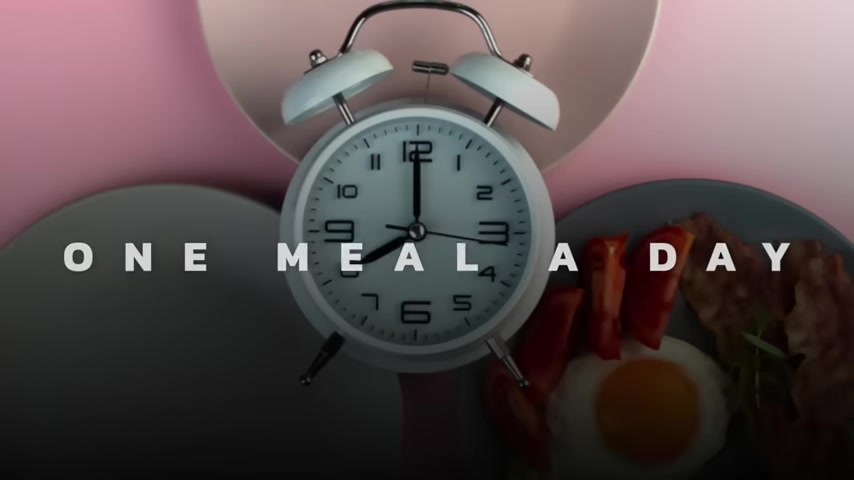
So the first meal might be at 12 , the second meal might be at six .
There's also a large amount of people who also go to one meal a day .
Now , this is not necessarily just to focus on reducing calories , but it is very difficult to consume the same calories from three meals to one meal .
What you're actually doing too is you're not slowing your metabolism .
You are correcting a slowed metabolism , which really at the heart of that is insulin resistance .
Ok .
So now that you're at one meal a day , what's going to happen next is your inflammation is gonna go way down , all of these inflammatory conditions start to be improved .
Your body actually makes antioxidants .
It's called endogenous from within a production of antioxidants .
So when you fast , your body starts making more antioxidants to help counter the oxidative stress .

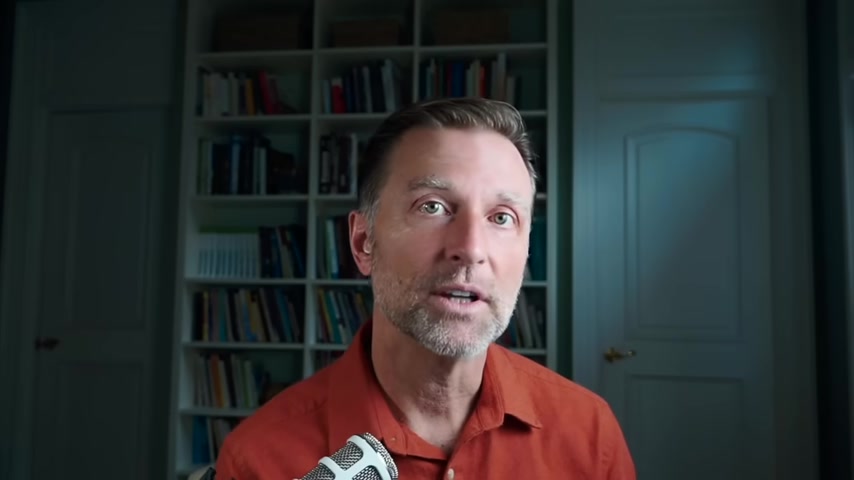
You see , if you think about oxidative stress , all the things that you know , from radiation to pollution , junk foods , it all produces a lot of free radical damage .
Well , if you have enough antioxidants , you can counter that .
And the microbes in your digestion , which has a huge influence over your immune system start to thrive and you get more microbes .
So your microbes do better when you don't feed them so often .
And having this diversified microbiome , you get all sorts of improvements definitely in the cognitive function .
There's something called brain derived neurotrophic factor that would be like miracle grow for your brain now and then a lot of people add um prolonged fasting , ok , here and there .
And that produces even bigger benefits in prolonged fasting .
Like let's say you fast for two days , you're gonna strengthen .
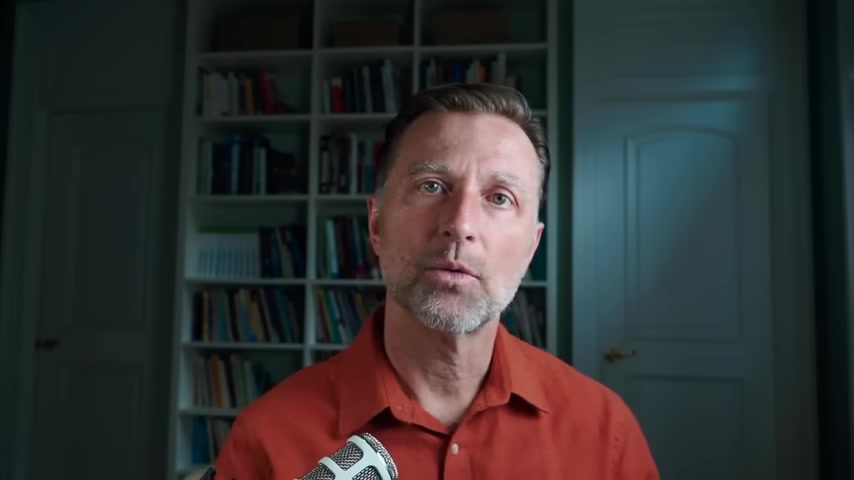
Ay , ay is the recycling of old damage proteins , viruses , pathogens in your cell , your body cleans those up and recycles them into healthy tissue , which is pretty wild .
And even in the guts of your cells , you have these mitochondria , which is the key for energy production for so many things that are related to disease .
You can actually start to repair and clean out the damaged mitochondria which also can trigger cancer and getting rid of those and build new mitochondria .
So the term for that is called mitochondrial biogenesis .
And then some people fast longer for like 72 hours .
And when you start doing that , you really start to strengthen this uh stimulation of stem cells , especially for your immune system .
So a lot of people do prolonged fasting to get rid of cancer .
In fact , it is one of the best things you can do .

So in this video , I just wanted to touch on the real reason why you should be doing fasting and the amazing benefits .
There's a lot of details on how to do it .
Um For that information , you should watch this video right here .

Are you looking for a way to reach a wider audience and get more views on your videos?
Our innovative video to text transcribing service can help you do just that.
We provide accurate transcriptions of your videos along with visual content that will help you attract new viewers and keep them engaged. Plus, our data analytics and ad campaign tools can help you monetize your content and maximize your revenue.
Let's partner up and take your video content to the next level!
Contact us today to learn more.